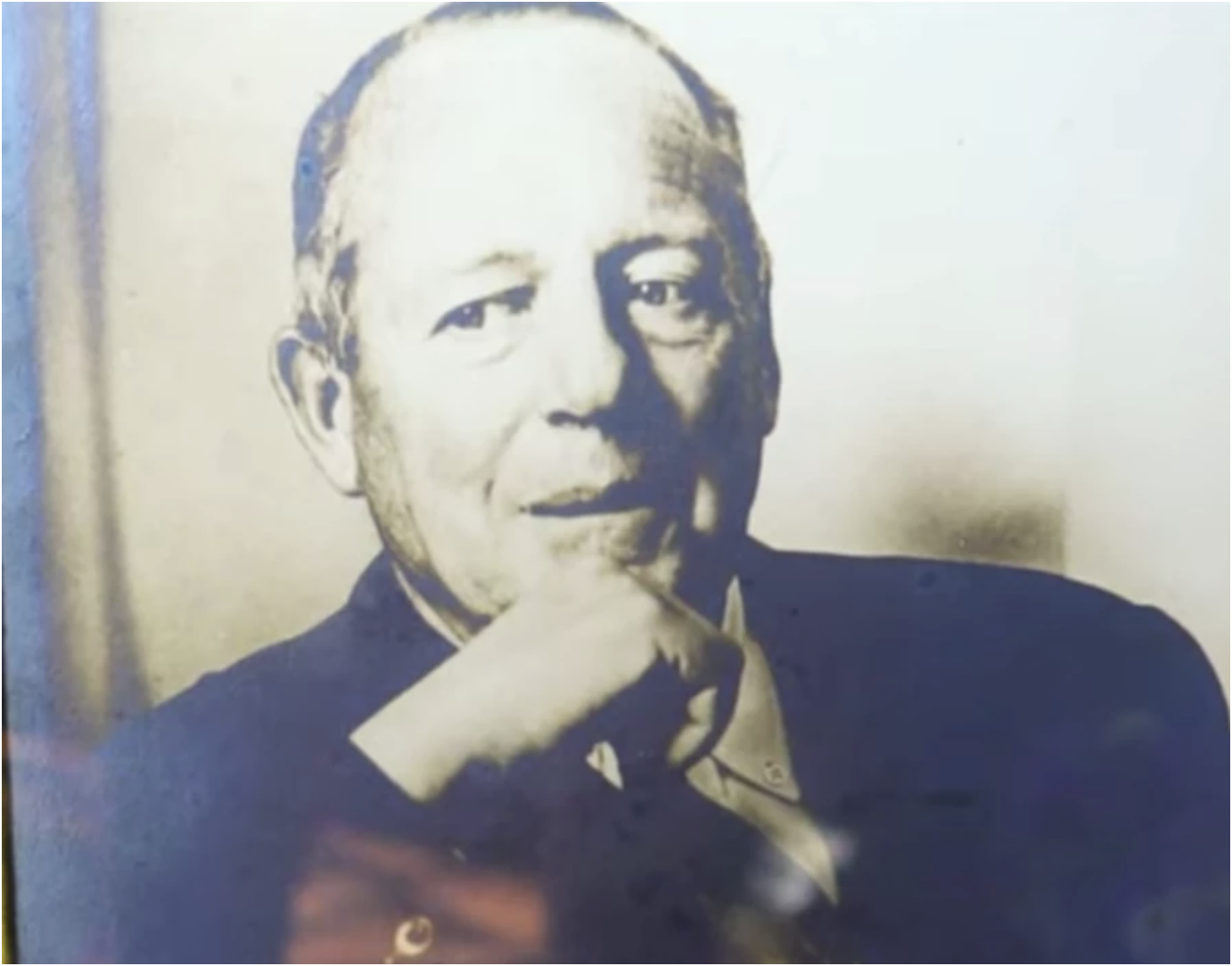Table of Contents
Lawrence W. Reed
fee.org
Lawrence W. Reed is FEE’s President Emeritus, Humphreys Family Senior Fellow, and Ron Manners Global Ambassador for Liberty, having served for nearly 11 years as FEE’s president (2008-2019). He is author of the 2020 book, Was Jesus a Socialist? as well as Real Heroes: Incredible True Stories of Courage, Character, and Conviction and Excuse Me, Professor: Challenging the Myths of Progressivism.
Keith Joseph (1918-1994), member of the British Parliament who served in the Cabinets of three Prime Ministers, was one of Margaret Thatcher’s closest friends and advisors. In 1986 he wrote these two sentences that now provide me with the perfect opening for this article:
The entrepreneur is the person who seeks to identify what consumers, at home or abroad or both, want and would be willing to buy at a profitable price. These entrepreneurs are the job-creators because it is they who gather the men and women, the material, the machinery, and the money to turn the vision of a market into a reality.
Joseph’s description is simple but profound. It succinctly captures the remarkable, risk-taking endeavors that define entrepreneurship and benefit humanity immensely. Imagine a world where no one takes a chance, where no one puts his money where his mouth is, where no person seeks to improve himself by arranging the factors of production to create what others desire. Please, think about that—deeply and seriously.
Let me repeat that. Imagine a world where no one takes a chance, where no one puts his money where his mouth is, where no person seeks to improve himself by arranging the factors of production to create what others desire.
Such a world would be a very equal one. Why? Because we would all be destitute, miserable or dead. It is supreme folly to dismiss or denigrate the importance of entrepreneurship in society. If you vilify it, as socialists are wont to do, you are—in a word—a barbarian.
While you’re pondering that vital point, let me tell you about an entrepreneur whose story fits Joseph’s description especially well. His name was Jim Thompson. An American by birth, he accomplished his amazing commercial feats largely half a world away, in Thailand. In 1958, Time magazine declared that he almost singlehandedly saved that country’s silk industry from extinction.

Born in Delaware in 1906, James Harrison Wilson Thompson’s first visit to Thailand took place almost 40 years later. He arrived by military plane in August 1945, just as an allied invasion of the country was cancelled because the Japanese surrender that very month brought an end to World War II in the Pacific.
Captivated by exotic Thai culture, he decided to make Thailand his home. His father had been a textile manufacturer in the U.S., so Thompson determined to put to good use some of what he had picked up from his father as a teenager. Silk would be his singular focus.
Hand-woven Thai silk was internationally renowned in the 19th Century, but the industry was all but gone when Thompson arrived. Elsewhere in the world, machines had been deployed by other entrepreneurs to produce lower-cost and in some cases, even more durable silk fabric. That was a plus for consumers, but it meant that the dying craft of hand-weaving silk in Thailand had to innovate or die.
Thompson believed that hand-woven Thai silk was too beautiful to vanish, that there was a market out there for it if only somebody would improve the product and tell the world about it. He had $700 in his pocket. He walked the streets of Bangkok, trying to find weavers who had moved on to other jobs (or no jobs). That 1958 Time magazine story reveals what happened next:
He rounded up some 200 silk weavers, most of whom had taken up other trades, [and] supplied them with the raw silk and dyes to turn out finished products on their crude home looms. The silks became so popular with the diplomatic colony and tourists (many of whom ask for “Jim Thompson’s place” as soon as they arrive in Bangkok) that Thompson quickly expanded. In 1950 he formed his own company with $12,000 capital. Though he is its biggest stockholder, he took pains to make the company a Thai enterprise, accept[ing] only four Americans among his 36 stockholders. His company was soon paying healthy dividends, and Thompson bought two mulberry plantations in northeast Thailand to provide his silk.
If the story ended there, it would be remarkable enough. A man 10,000 miles from home overcomes language, cultural, economic and other barriers to follow a hunch. He convinces locals to cast their lot with his new company. It would have been easy to lose everything on what surely seemed like a pipe dream to many. Why not just go home to Delaware and get a good-paying, minimal-risk job working for somebody else?
Lots of entrepreneurs fail. Many of them flop numerous times during their careers. But in this instance, Thompson’s savvy paid off early. When Time wrote about him in 1958, it was just 10 years after he started his venture. The article reported,
Today, almost every ship or plane that leaves Thailand carries Thai silk to some 17 countries, and Thompson’s Thai Silk Co. alone employs more than 2,000 Thais in the business of silk growing, dyeing, spinning and weaving. From sales of $36,000 in 1948, Thompson boosted his company to $650,000 in sales last year and hopes to do even better this year.
On Sunday, March 26, 1967, Jim Thompson was 61 and at the top of his game. That was the day he was last seen, while vacationing in Malaysia. He went for a walk and never returned. A massive search and more than half a century have still produced no body, no evidence and no explanation. Theories abound, mostly around speculation of foul play.
Thailand and the world were robbed of what might have been 10, 20, or even 30 more years of Thompson’s visionary, wealth-creating entrepreneurship. One can’t help but ask, “What if?” What new achievements and contributions might Jim Thompson have bestowed on the world if he hadn’t taken a walk?
But we should also ponder this question: What if all entrepreneurs took a walk and disappeared? What if they all vanished, perhaps to some version of “Galt’s Gulch” in Ayn Rand’s novel, Atlas Shrugged? What if honest businessmen and honest businesswomen just got tired of being vilified, caricatured, regulated, taxed and told “You didn’t build that!” by demagogues who build nothing?
I can’t speak for them, of course. Thankfully for the rest of us, I know that entrepreneurs can take a lot of punishment before they throw in the towel. But I fear, as should you, that their patience is likely not limitless.
Again: Imagine a world where no one takes a chance, where no one puts his money where his mouth is, where no person seeks to improve himself by arranging the factors of production to create what others desire.
Perish the thought!
Additional Reading
Graduates: So You Want to be an Entrepreneur? by Lawrence W. Reed
The Entrepreneur as a Voyager: The Story of Joshua Slocum by Lawrence W. Reed
FEE’s Essential Guide to Entrepreneurship, Part 1
FEE’s Essential Guide to Entrepreneurship, Part 2
FEE’s Essential Guide to Entrepreneurship, Part 3
This article was originally published on FEE.org. Read the original article.
Please share this article so that others can discover The BFD.









